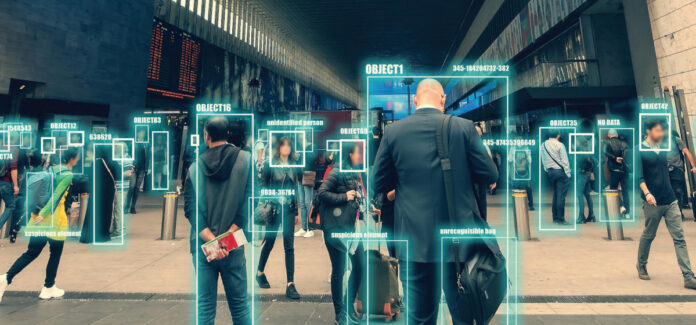People who apply names to things such as eras or movements may someday call early 2023 “The Spring of AI” with no small part played by the market introduction of ChatGPT, a language modeling tool from OpenAI. By the time even astute business analysts and marketing executives were aware students and teachers on a nearly global basis already were negotiating the transaction of artificial intelligence’s offerings in the classroom.
In March ask anyone in their late teens or early 20s if they’ve used Open AI’s groundbreaking offering and the answer was a wary “Oh… yeah.” It seems everyone had used it, but “not a lot”. By May all of the search engine offerings had followed Bing’s early entry into the artificial intelligence space, the breakthrough was making major magazine covers, literally, and Congressional hearings were underway.
The narrative between lawmakers and corporate heads was unlike anything seen or heard. It went something like “We know we look like magic, but we’re not, it’s a tremendous combination of science and creativity, and, quite frankly, we don’t know where it’s going. Yes, please regulate us, no not on a domestic basis, but through a global effort.”
It was as refreshing as it was bizarre.
And if some of these developments have occurred without much attention paid, the key takeaway is that the technology, the widgets it creates and the conversations around its ethical use, will impact each and every person. Not will, in fact, but is. From the CX bots to the launch of wildly sophisticated web searches you only recently have begun to see, the wave is washing over us. It is one that likely will be a boon for productivity — think of the calculator replacing the slide rule — but it’s not one that will transition into full use, whatever that is, without breaking existing architecture and creating a consumer vacuum for those who fail to plan as the waters rise.
ChatGPT itself, when asked, said “As society continues to rapidly evolve, one cannot help but wonder what lies ahead in the ever-expanding realm of technology. From groundbreaking advancements in artificial intelligence to the proliferation of smart devices, the future of technology promises to reshape our lives in profound ways.”
Language models may not be accurate in everything they convey, but ChatGPT is correct on that note.
Experts predict that AI will play an increasingly prominent role in diverse fields, including healthcare, finance, transportation, and manufacturing. The ability of machines to process vast amounts of data and make autonomous decisions is poised to revolutionize entire sectors.
The confluence of the Internet of Things (IoT), mobile and wearable smart devices, and artificial intelligence will provide vast creative solutions in nearly every realm, from the refinement of self-driving technology to smarter smart homes, from personalized remote medicine to advanced environmental practices. If AI can help improve the health and productivity of our employees in their efforts to have smarter homes self-driven to happier customers who are we to stop it?
OK, it also should be noted AI, too, writes little ditties about kitties.
So, while the future of technology presents boundless opportunities, it also raises important considerations. Ethical questions surrounding privacy, data security, and the impact on the workforce require careful examination. As technology continues to advance, society must navigate the challenge in conjunction with enjoying the voyage.
The future of technology is both awe-inspiring and transformative. We are reshaping the world in real-time.
“The path ahead may be uncertain, but the potential rewards make it an exciting time to witness,” ChatGPT said about itself.
MHInsider is the leader in manufactured housing news and is a product of MHVillage, the top marketplace for manufactured homes.










